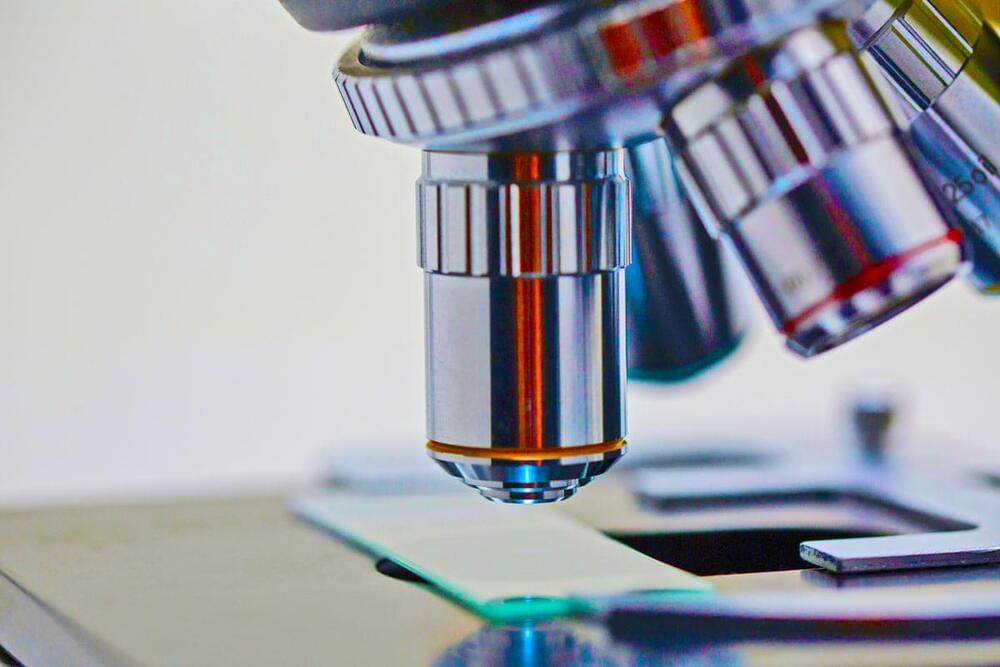In 2022, a team of researchers at Baylor College of Medicine discovered that a little-known enzyme called MAPK4 is involved in the growth of triple negative breast cancer (TNBC) and its resistance to certain therapies. Looking into the details of this novel role of MAPK4, the researchers have now identified a strategy that can potentially control MAPK4-promoted growth in TNBC and other cancers. The study, published in PLOS Biology, opens new options for treating this devastating disease.
“Some cancers depend on MAPK4 for their growth, and our team studies cellular processes or pathways that participate in MAPK4-induced cancer growth,” said corresponding author Dr. Feng Yang, associate professor of pathology and immunology and of molecular and cellular biology. He also is a member of the Dan L Duncan Comprehensive Cancer Center at Baylor.
Yang and his team knew that in some TNBC cases, MAPK4 activates an enzyme called AKT, which promotes cancer growth. They also knew that in the same cells, another enzyme called PDK1 can also promote cancer growth by activating both AKT and a series of other enzymes of the AGC group. This PDK1-mediated activation of AGC enzymes mostly depends on the amount of PDK1 in the cell.
